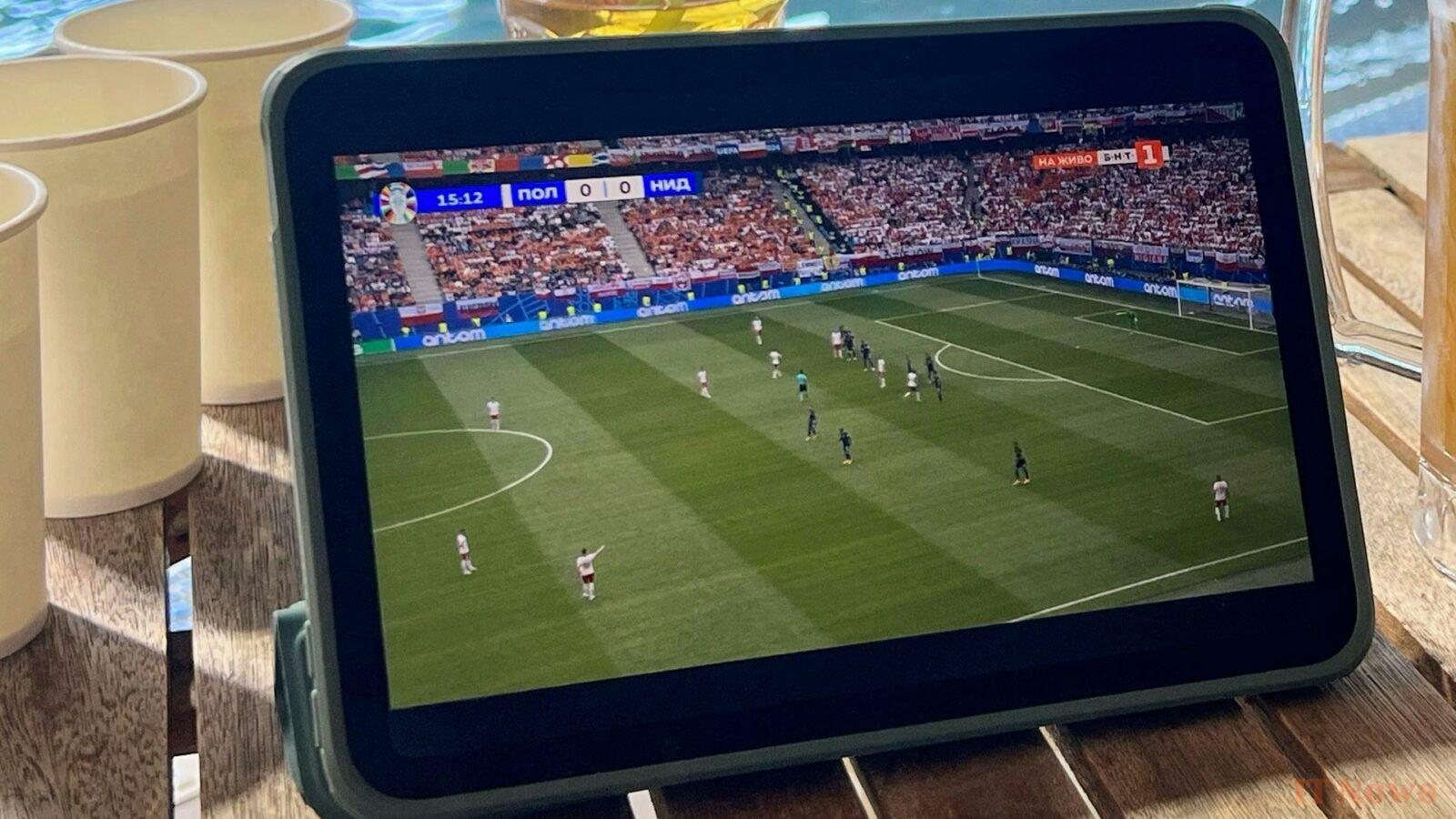It's a battle being fought on two fronts. The first, public, resulted in a major victory on June 10th in the Senate with the adoption of the Lafon bill. The other, secret and much more concrete, was formed in the shadows. Together, they are preparing to radically transform the fight against illegal sports streaming in France.
Until now, the procedure was considered too slow, almost outdated given the agility of pirates. Broadcasters like Canal+ or beIN Sports had to refer the matter to a judge, then ask Arcom, the audiovisual regulator, to add fraudulent sites to a blacklist. An administrative process that is hardly compatible with the 90 minutes of a football match. "Arcom doesn't work on weekends," lamented Brice Daumin, head of DAZN France, in February, pointing out the huge gap with our neighbors: "In England, we can block 10,000 links in two days, in Italy, it's 18,000. And Arcom does 5,000 a year.".
France is banking on an IP blocking system, without going through Arcom
The Lafon law changes the situation because once the initial authorization from the judge has been obtained, rights holders will be able to send their blocking requests directly to access providers (Orange, Free, SFR, Bouygues Telecom) via a fully automated system. No need to go through Arcom. The blocking must be carried out "without delay," for the duration of the broadcast, but the real revolution is technical.
Also read: Is IPTV over? Here's the new playground for pirates
No more simply blocking domain names, which are easily circumvented. The new strategy targets the heart of the reactor, namely the IP addresses of the servers. "Our aim is to block the servers at the head of the network," confirms Xavier Spender of the Association for the Protection of Sports Programs (APPS). He describes a mafia-like hydra, "very pyramidal organizations headed by factories that collect the streams" to redistribute them to an army of resellers. Hitting the source to dry up the entire network.
The secret pact with operators
What makes this prospect so imminent is that the industry didn't wait for the final vote on the law. According to information from l’Informé, an agreement in principle was reached on May 27 between APPS and the four major French operators. After months of confidential negotiations, everything is on the table: the technical details, the distribution of costs and responsibilities. When questioned, those involved in the case remained deafeningly silent, demonstrating the sensitivity of the issue.
For the Professional Football League (LFP), which is preparing to launch its own broadcast channel, this toughening is "vital." It's about "industrializing the fight against piracy" to protect a weakened economic model, given that nearly 37% of Ligue 1 viewers are believed to be doing so illegally. This promised efficiency, however, comes at a price, with the risk of "over-blocking." Blocking an IP address can, by mistake or because it is shared, make dozens of perfectly legitimate sites inaccessible. The examples in Spain and Italy, where massive outages were caused by overzealous blocking, are chilling. In Italy, a single blocked IP address had rendered inaccessible more than 42 million sites hosted by the Cloudflare service.
Also read: IPTV: 5 secrets that sellers will never reveal to you
The APPS seeks to be reassuring, stating that "everything will be done to ensure there is no risk" and that rights holders will remain responsible for their errors. But without further details, the promise seems thin compared to European precedents. With increased criminal penalties for sellers and promoters of pirate solutions, France is preparing to deploy one of the most repressive anti-piracy arsenals in Europe.



0 Comments